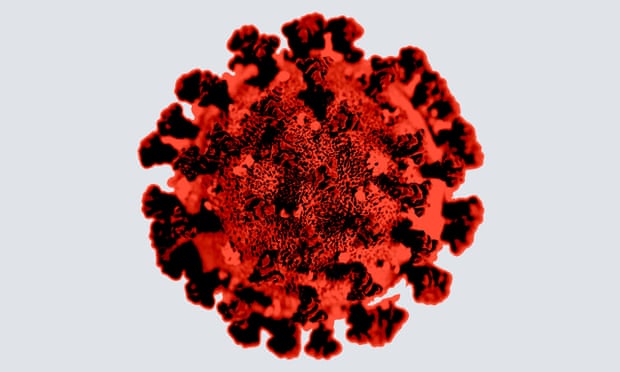
Aboriginal organisations have expressed frustration at the Northern Territory government’s “flawed” pandemic response, demanding it do more to accommodate hundreds of Aboriginal people sleeping rough around town centres they say are at risk of Covid-19.
Both Darwin and Alice Springs were in lockdown amid concerns about the significant risk posed to Aboriginal communities.
The CEO of the Danila Dilba Aboriginal health service, Olga Havnen said the lack of support for homeless people created a “ridiculous situation”.
She said a senior doctor at the clinic spent four hours unsuccessfully trying to find emergency accommodation for a patient who had just had a Covid test.
“The pandemic response plan doesn’t include any provision for housing people who may be homeless or visitors to town,” Havnen said. “Here we are on day four of a lockdown, and they’re only just sorting out the arrangements that might be made available for Aboriginal people, particularly visitors and rough sleepers who might need a Covid test, and who will need to self-isolate.
“Who else in the community gets so studiously ignored under these sorts of circumstances? It’s either gross incompetence, maladministration or straight out racism. Or probably, a combination of all three,” Havnen said.
Danila Dilba, Yilli Aboriginal housing, AMSANT (the Aboriginal medical services of the NT) and NAAJA (the Aboriginal legal service) jointly called on the NT government to “get people off the streets today”.
“Rough sleepers are among the most vulnerable people in our community, many of them have not been vaccinated, and the NT government’s pandemic response plan has completely neglected them,” the CEO of AMSANT, John Paterson, said.
The NT government said it had already provided some accommodation for rough sleepers awaiting Covid-19 test results, and was continuing to look at other options.
But the chief minister, Michael Gunner, said bringing people into one place of accommodation would be “the worst thing we could do”.
Sign up to receive the top stories from Guardian Australia every morning
“The clinical advice is very clear about what’s the best thing we can do – to keep people safe, keep them separated and keep them static where they are,” Gunner said at a press conference on Wednesday.
“We’ve got to be very mindful of how we handle all this. We’re having lots of meetings, lots of conversations with all the different service providers, taking all the advice that we can get and then trying to work through what is the absolute best thing that we can do for everybody.”
The NT police commissioner, Jamie Chalker, said there had been a “high level of engagement” between police and rough sleepers, with officers “handing out masks” and providing advice on where to seek support.
“But we’re predominately talking about adults here who are making a choice as to where they choose to sleep,” Chalker said.
“There are meals that are being provided … we’re ensuring that people have appropriate hygiene, access to medical services if required, and so there is a high level of engagement that’s occurring out there.
Quick Guide
How to get the latest news from Guardian Australia
Show

“But at the end of the day, these are people who choose to sleep outside. And we’re trying to make sure that they have great awareness that the direction is very specific as it relates to the mask wearing. So if they’re outside, they must wear a mask, if they maintain the 1.5 metres.”
The CEO of NAAJA, Priscilla Atkins, said it was an “immense privilege” to be able to stay home in a pandemic.
“Not everyone has that option,” Atkins said. “The NT government has been far too slow to react to this problem, and should have had a coordinated plan in place long before lockdown occurred.”
Their concerns come amid growing frustrations among Aboriginal organisations about the pace of the vaccine rollout.
On Monday the federal minister for Indigenous Australians, Ken Wyatt, said he was worried about low vaccination rates in remote communities.
Wyatt told the ABC there was significant vaccine hesitancy in some communities.
“I am worried, I am concerned,” Wyatt said. “But we must keep level heads and we must focus on the logistical arrangements of making sure that we get vaccines to communities.”
AMSANT said the low vaccination rate was also indicative of a lack of supply in remote clinics.
“Our population is very young, the bulk of our people are under 50 so we need a good supply of Pfizer on a regular basis, especially now there’s a real risk to remote communities,” Paterson said.
AMSANT and the heads of the NT’s four big councils have urged all Aboriginal Territorians to get vaccinated as soon as possible and “stay safe, stay on country, look after family”.


